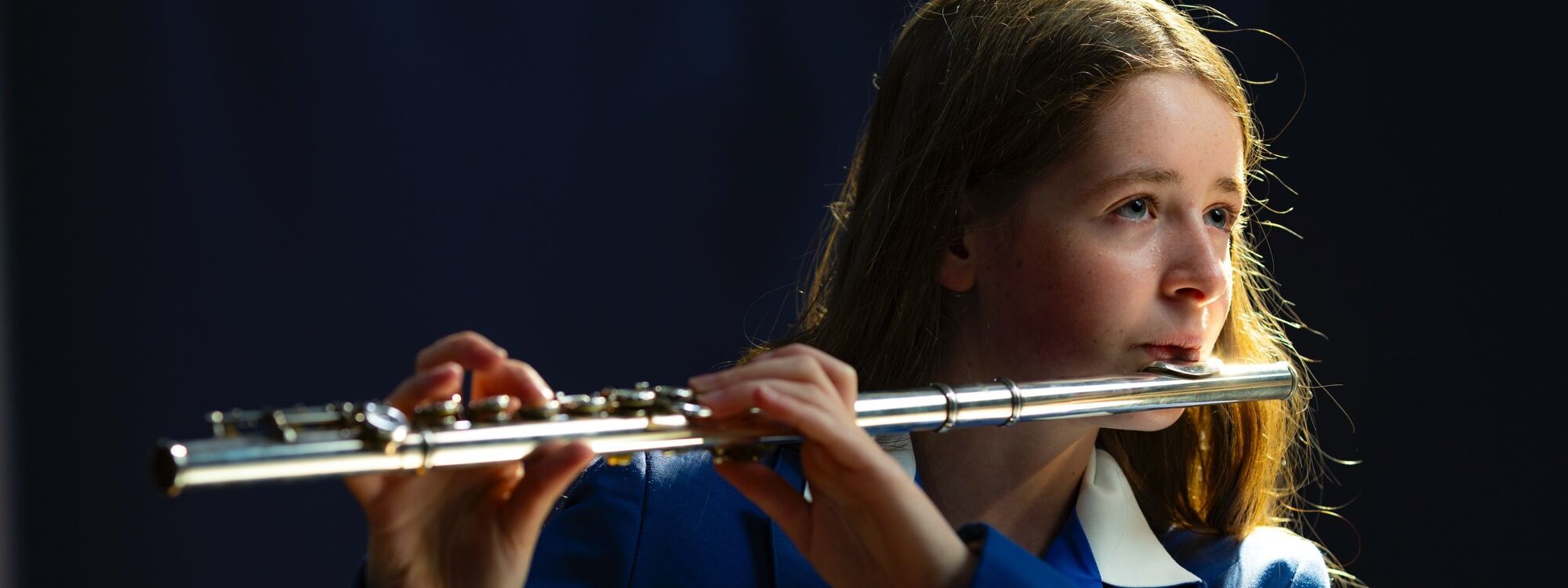- Home
- Curriculum
- Subject Information
- Music
Music
Music creates social cohesion, it speaks to all when words can fail, and wherever you go in the world, it is understood.
Music is a universal gift and its power to connect people is without question. It is an art form with human interaction at its centre. Music has the ability to deeply affect our mental states and raise our mood. When we need it, music gives us energy and motivation. When we're worried, it can soothe us; when we're weary, it can encourage us; and when we're feeling deflated, it can re-inspire us.
It is now widely accepted that there are direct correlations between musical study and verbal competency, motor and auditory skills, reasoning abilities and problem solving - essential abilities that children take into adulthood.
Intent
At Hockerill, Music is taught as a compulsory subject in Years 7-9, following the IBO Middle Years Programme.
Pupils may then opt to study GCSE Music in Years 10-11 (Edexcel board) followed by the Music IB Diploma course in the Sixth Form. Our diverse curriculum reflects the international dimension of the college, including practical units of work that focus on developing the pupils’ listening, performance and composition skills in music from all styles and cultures.
Technology also features strongly throughout the curriculum, with pupils being taught how to use computer-based sequencing and notation software as part of their regular classwork. Alongside students’ academic work, they are strongly encouraged to develop their performance skills to a high level on at least one instrument or voice, supported by regular practice in aural awareness and theory skills and engagement with the department’s varied music clubs programme.
Implementation
All pupils engage with music, whether this be within college or outside as a leisure pursuit or more serious academic or practical studies.
Irrespective of a student’s level of skill or experience outside the curriculum, the Middle Years Programme for music is centred around concept-based models for learning, enabling students to engage with a broad range of topics and styles in the roles of researcher, performer and creator.
Teaching-led approaches to learning are also balanced with more facilitating roles, enabling students to work more independently and/or collaboratively on group projects inspired by their own research and real-life musical practices. Students are encouraged to find cross-curricular links to improve their contextual understanding of the music they engage with.
